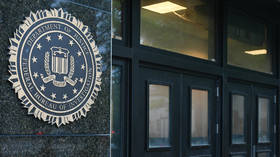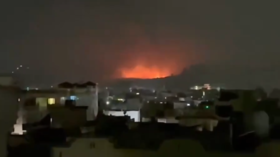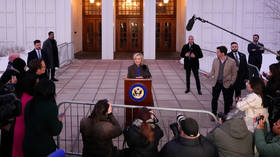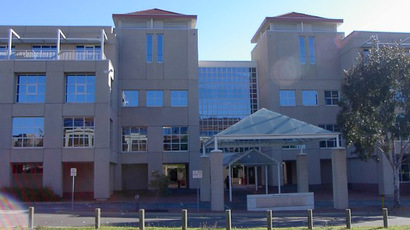Detention extension? Australian spy agency’s power to hold without charge reviewed
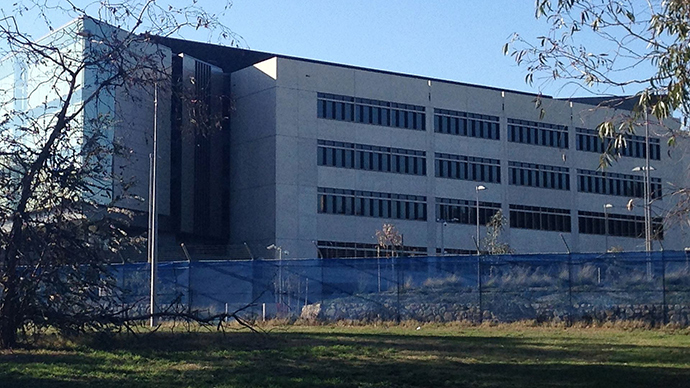
Following Australia’s passing of draconian anti-terror laws late September, the country took another step in the direction. This may allow its security services to detain anyone without charge even before other methods of questioning have been exhausted.
The proposed new laws will be subject to a parliamentary inquiry’s decision before being passed, but the Australian Security Intelligence Organisation (ASIO) is already onboard with the amendments. A report on October 17 will reveal the results.
‘Coercive questioning’, as the practice is called, may now be much easier to carry out, after ASIO welcomed the changes during a parliamentary inquiry following the introduction of the Foreign Fighters bill on September 23 – which deals with radicalized Muslim youths returning to Australia with the purpose of carrying out terrorist attacks.
A further softening of the highly debated ‘preventive detention’ and ‘control’ orders may also be given the green light, as well as a loosening of procedures regarding the obtainment of necessary orders. Preventive detention may imply a period of 14 days without charge, while the control order may include much longer periods.
If the laws are passed, ASIO will be able to imprison people for refusing to answer questions. They may also lose their right to silence and contact with the outside world.
The legislation on coercive questioning has been in place since 2005, though it has never been invoked. The idea was that it could only be used as a last resort. Now, however, the attorney general’s powers will allow the practice without the presence of extenuating circumstances.
“The new threshold will require the attorney general, in making this assessment, to have regard to whether there are other methods of collecting the intelligence sought to be collected under the warrant, and whether those other methods are likely to be as effective,” ASIO wrote in its proposal to the committee.
“The existence of other, less intrusive methods of obtaining the intelligence will continue to be a relevant but non-determinative consideration in decisions.” Moreover, the attorney general’s decisions in this regard will no longer be subject to oversight by the inspector general of intelligence and security.

Former independent national security legislation monitor Bret Walker has been opposing such extensions of authority on the grounds that it’s a slippery slope.
He recommended the practice be abolished altogether, but ASIO believes that there are “realistic and credible circumstances in which it may be necessary to conduct coercive questioning of a person for the purposes of gathering intelligence about a terrorism offence.”
But Walker isn’t the only one disagreeing with ASIO’s proposals. University of Sydney Law Professor Ben Saul and the Gilbert + Tobin Centre of Public Law also informed the committee of their opposition.
“ASIO detention powers should be repealed, not extended. Detaining non-suspects for up to seven days, virtually incommunicado and without effective review at the time, removing the right to silence on penalty of imprisonment, and criminalizing any disclosure of detention, is excessive and disproportionate in view of existing powers, the level of terrorist threat, and the absence of any declared public emergency justifying derogation from protected human rights,” Saul wrote in his submission, as cited by the Guardian.
The Centre had similar concerns, writing that the renewal of the detention regimes “should not even be considered without an appropriate opportunity to determine whether their extension is warranted,” implying that the absence of a lawyer during questioning is likely to have a serious impact on the person’s rights.
The possibility of extending the regime comes on the heels of another legislation that could see journalists jailed for up to 10 years for reporting on matters relating to national security.
These particular changes take their root in initiatives following information revealed by whistleblower Edward Snowden.



